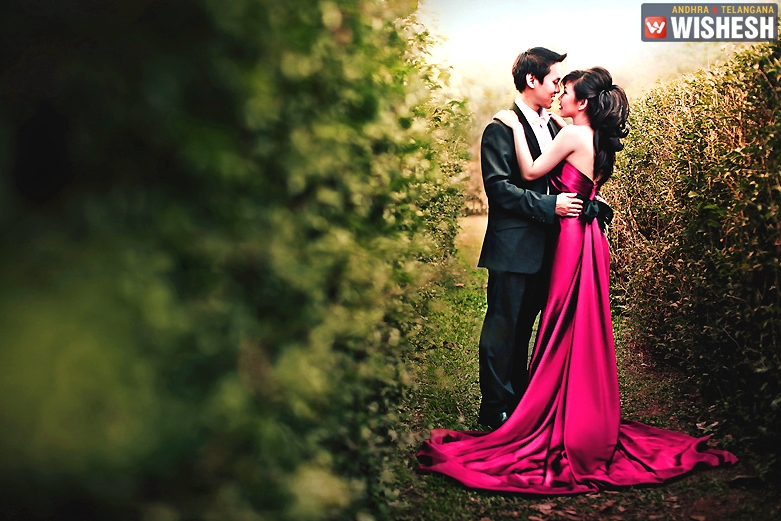
The way the relationships are presented in the fairy tales, make one wish to have for their own, the similar one. But the practical is far different from the imaginary one. Here are the 5 reasons, that makes fairy tale romances, almost and always go wrong.
1. Dark side
Researchers term “benevolent sexism”, as the hidden dark side of the princess/knight mentality, which means believing in the women protection is used to justify gender inequality.
Women who wish to be treated as a princess, gets power in her romantic relationships from being prized by men and placed on a pedestal to be cared for, protected, and cherished. In exchange for this security, though, he gets to be "The Man."
2. Stunts growth
Women who is willing to be a princess in the fantasy has one purpose, to exist to be adored. According to his ability to protect the princess, a man’s value as a romantic partner exists. Women, in the real world, may overemphasize their femininity, at the expense of their own personal power.
According to the research, women with more romantic goals, would be less interested in mathematics and science careers and also do not experience their worth in other pursuits, having lower self-esteem.
3. Tough to match reality
Research says that, fairy tale notion based marriages, concentrating on women protection and cherished for their feminine qualities lead to dismay when both members of the union cannot live up to expectations. In several couples, when men fail in giving this fake fantasy, the women feels defeated and hopeless.
Also read: What not to do while arguing with women
4. Adores delicate femininity, but not assertive women
The implicit “deal”, for the women willing to be in this kind of relationship, is that she will be passive and let her partner call the shots. Taking independent decisions may not be supported. Every consequential decision, is completely the man's responsibility.
5. Loneliness
Research says women, who is keen of fairy tale ideas about romance and marriage, tend to have less relationship satisfaction and a more negative sense of psychological well-being-including depression-than women who are less compelled by fairy-tale ideas of marriage.
Over the long term, holding one another to the rigid gender roles can be suffocating. The couple allowing one another to be their full selves have good emotional bonding, along with fun and joy in their relationship.
By Phani Ch

























